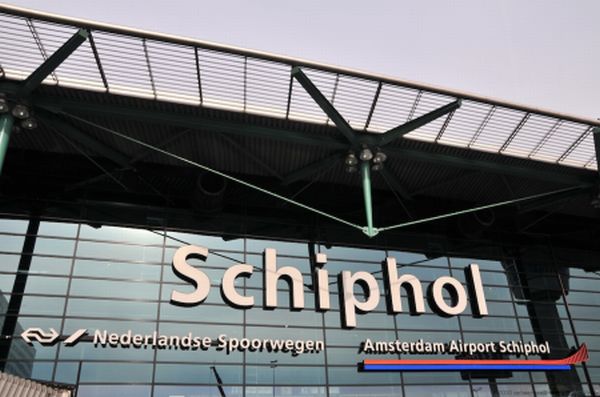
Airlines operating out of EU countries have a deadline to meet by the year 2012. They are working towards achieving a reduction in carbon emissions by 3 percent. That is to implement more sustainable practices of aviation and ground transport. Dutch airlines major KLM, in a move to achieve that ambitious Green Sky target, started using alternative fuel in its fleet of planes from July this year. Now, Amsterdam Airport Schiphol is investing similar efforts with it. The two are now powering their fleet of ground vehicles with recycled cooking oil, called biokerosene. Amsterdam Airport Schiphol has been using electrically powered vehicles in its premises but they are not 100 percent CO2-neutral. Now, the airport has adopted fully recycled BioDiesel, a much cleaner fuel, for nearly 40 ground transport vehicles. That’s an important step as an EU emission trading is slated to begin next year.
Indeed, sustainable mobility is going to set the mood of the day for such green ventures. Fossil fuels seem to have lived a full life circle. Now, it’s time to make a switch. Air travel has been held responsible for about 3 percent of global greenhouse emissions. Of late, their share has been seen making a rapid rise. Earlier this year, the EU directed all airliners to cut down on their usage of fossil fuels in planes. A new pollution limit has been set for all airliners. Acting in earnest, KLM chose biokerosene for its flights, which is a derivative of used frying oil sourced from hotels, restaurants and factories and refined in the US. This fuel meets the technical specifications of traditional kerosene and yet it’s safer than that. Now, this non-fossil fuel has been adopted on a pilot basis for four months by Amsterdam Airport Schiphol. Ground vehicles powered by this fuel include bird control trucks to delivery vans. Ad Rutten, Executive Vice President & COO of Schiphol Group, informed that if this experiment succeeds, then the airport could eventually and completely switch to this alternative fuel for all its ground operations. He felt that it could prove to be a powerful impetus in the advancement of sustainable enterprise too.
However, the route to fully sustainable energy seems enormously challenging if one goes by the experience of KLM. Attaining continuous access to sustainable fuel is perhaps the more intimidating one of them. Airlines, which have experimented with similar green fuels in the past and mixed ones, too have faced this dragging challenge. Virgin, Air New Zealand, Air Japan and Continental Airlines too have reported lack of a regular and enough supply of green fuel for operating their scheduled flights.
Via: GCT




